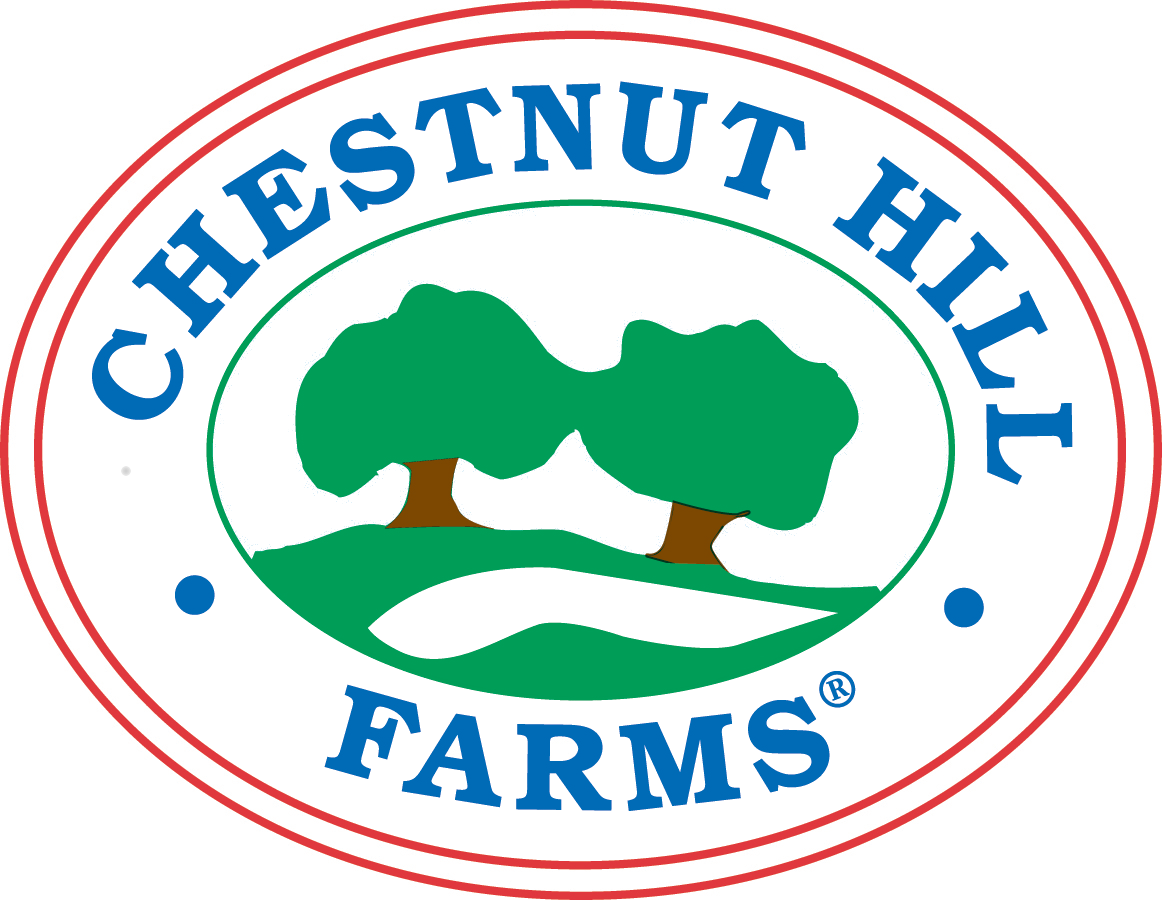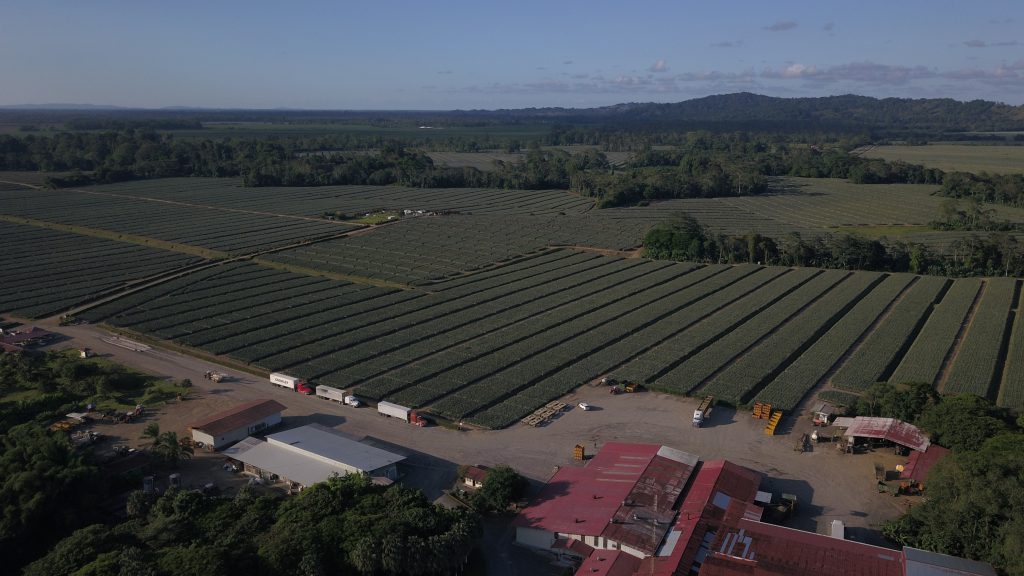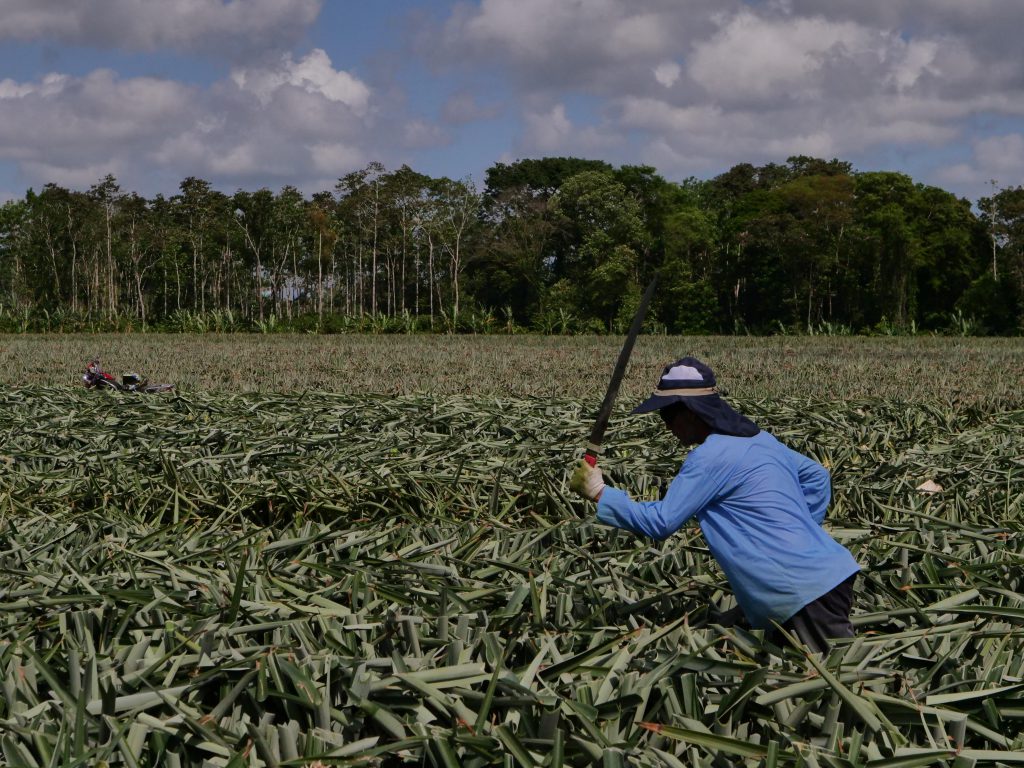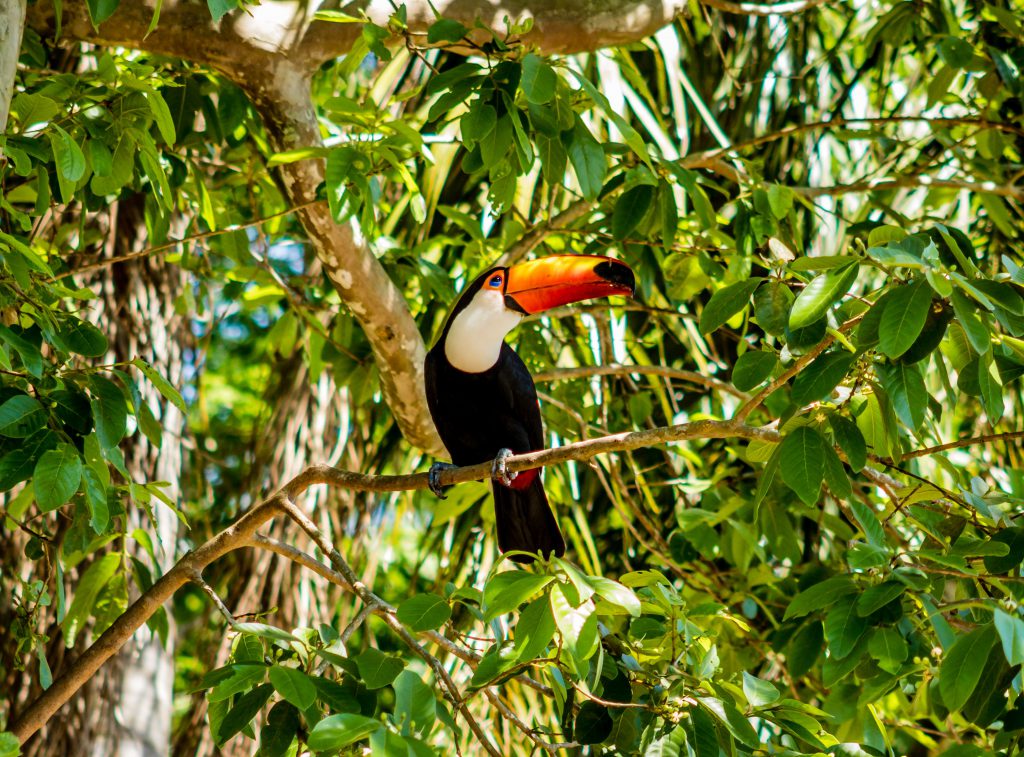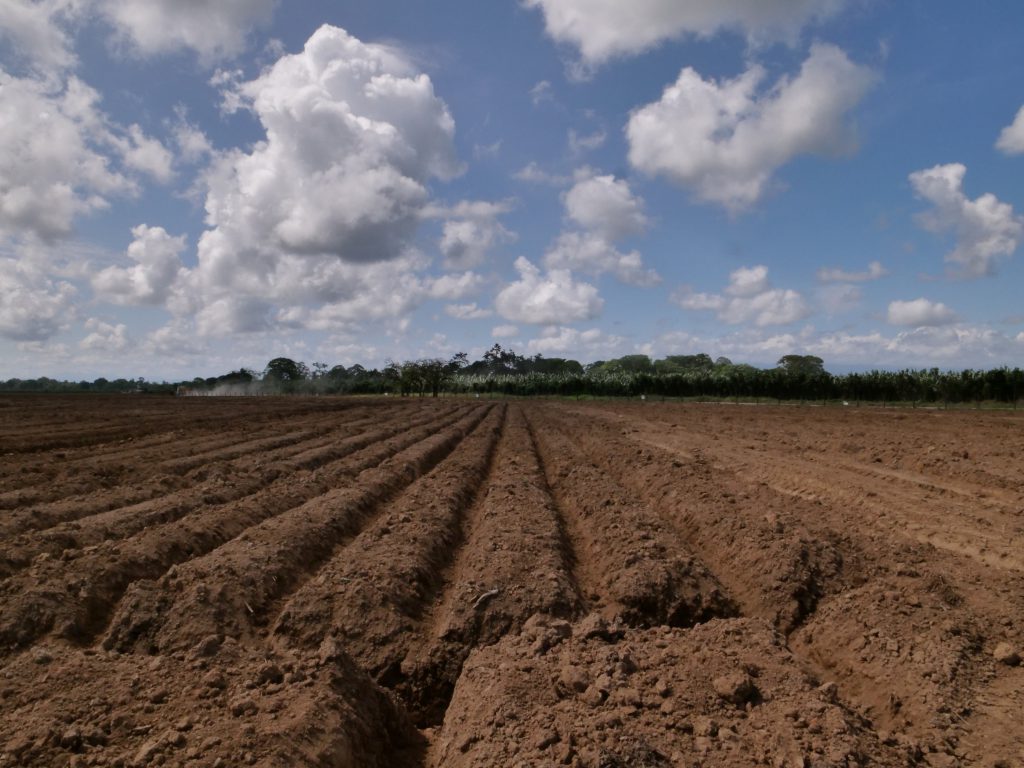At Chestnut Hill Farms, We Strive to Constantly Be Aware of Our Environmental Footprint
As a Sustainably Grown certified farm, every decision we make – from planting to harvesting to maintaining the lush green rainforest that surrounds our farm – is fueled by sustainability. April is Earth Month, and we’re focusing on going green all month. Read on to learn more about what sustainability really means to us.
Defining sustainability
The UN World Commission on Environment and Development recognizes this definition of sustainability: “sustainable development is development that meets the needs of the present without compromising the ability of future generations to meet their own needs.”
Through our efforts we work towards this goal everyday. Keep reading to learn more about a few of the processes we implement to maintain the health of our country and planet!
Incorporating organic matter in the soil
After harvesting, pineapple plants leave an estimated 300 tons of organic material per hectare. This material is full of nutrients and there’s no need to waste it. We re-incoporporate this material back into the soil in order to keep the soil structure healthy and nutrient packed!
Following the incorporation of organic matter into the soil, we go the extra mile and also apply beneficial bacteria and fungi to help the decomposition process of the material. This also helps to increase the total population of beneficial microorganisms within the soil itself. They work to compete against parasitic soil borne organisms, and help us to reduce the use of chemical pesticides.
Maintaining the surrounding rainforest
Surrounding our farm is 275 hectares of forest reserve that we work to maintain. This land is very important to protect, as it acts as a barrier between pineapple plantings and the major water sources. This vast amount of protected land also helps reduce our carbon footprint and maintain the natural wildlife of the region.
Many Costa Rican natives call this area their home, such as: three-toed sloths, monkeys, toucans and rare parrots! Not to mention deer, wild turkey, and the occasional jaguar spotting. These creatures are provided with an ample amount of food as the equivalent to 40 hectares of native fruit trees have been planted within this area, giving them a very comfortable environment to call home!
Erosion prevention
Rainfall in the region our farm is located is pretty impressive annually – varying from 3,500 to 5,000 mm. Which basically breaks down to pouring between 80 to 125 gallons per square foot each year! Having excellent draining is very important as rain often comes in very quickly and hard. Our pineapple plants are grown atop raised beds in order to provide excellent drainage between the rows. That alone is not enough, superficial drains are added to help evenly distribute water from low areas.
If water is allowed to drain too fast, it will begin to carry soil with it. This is known as erosion and is a big no-no. We work to ensure our drainage systems don’t allow water to flow too fast. Some pineapple plants are planted in the bottom of the drains to help slow the water and prevent erosion. The secondary drains are designed by topographers and dug with precision to control the water flow, and avoid any erosion. Within the drains grass is grown but is solely controlled by cutting, and herbicides are never applied.
Sustainability is key
The efforts we make everyday help to protect the beautiful country and planet we call home. Sustainability efforts are increasingly important in the day and age we currently live in. If we want a happy planet for years to come we all need to pitch in. Simple things such as recycling and limiting your use of single-use plastic are a great way to make a difference every day!
